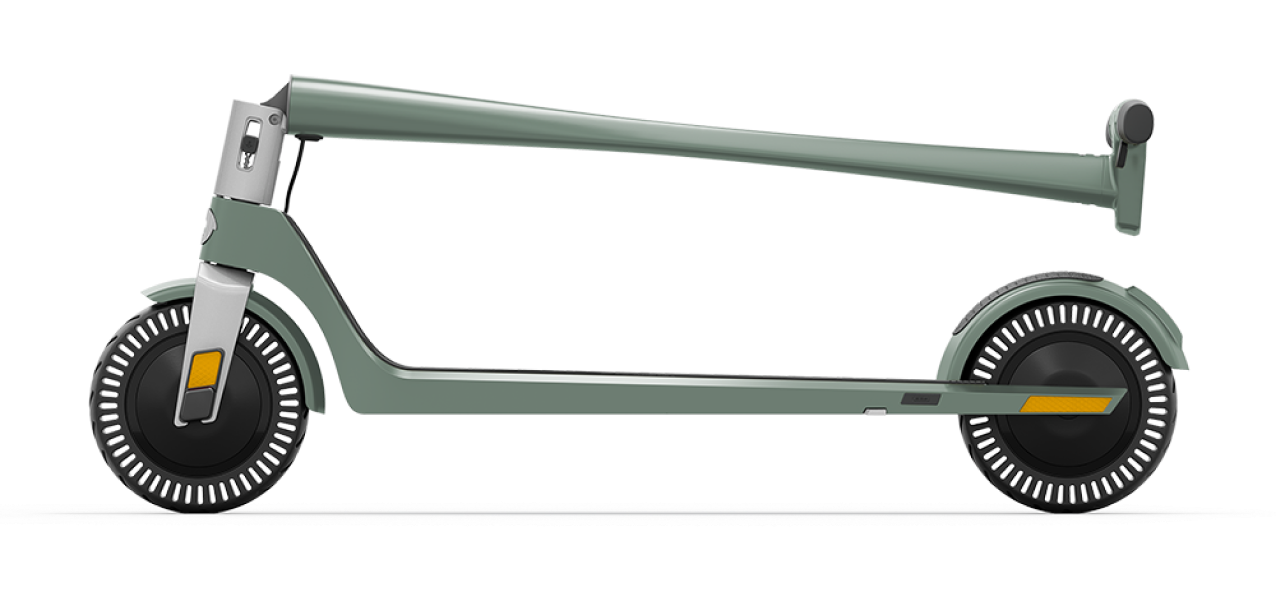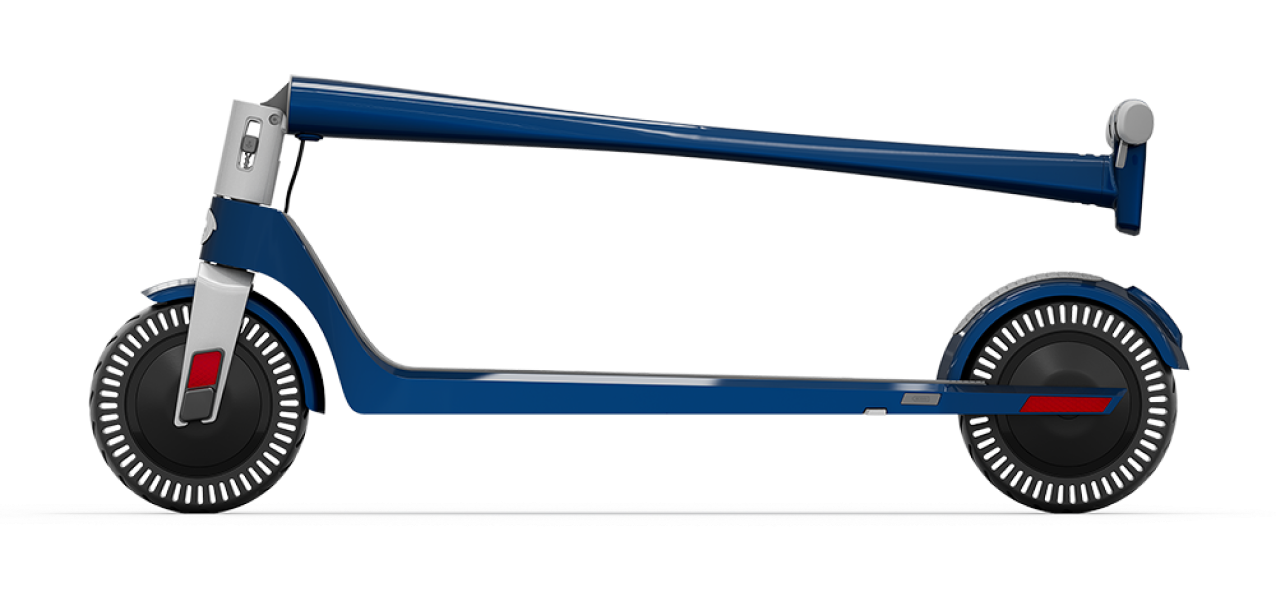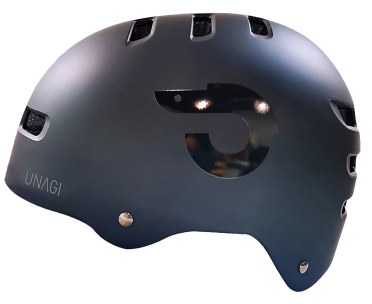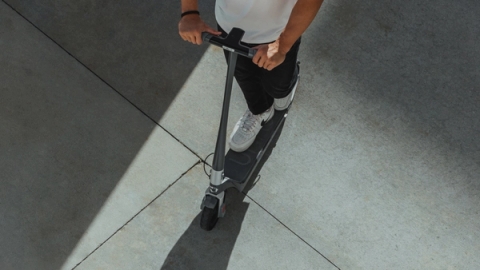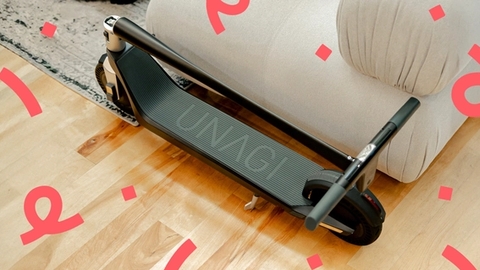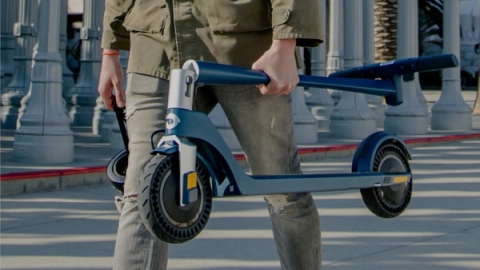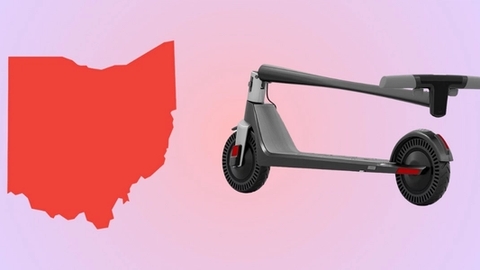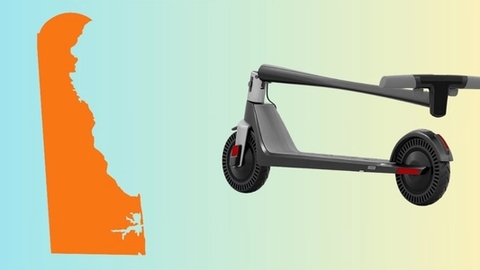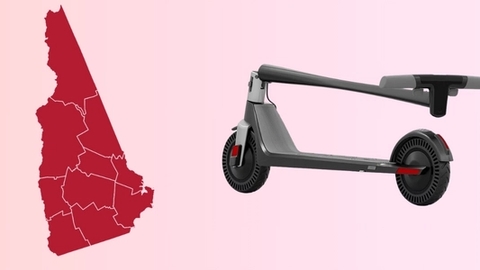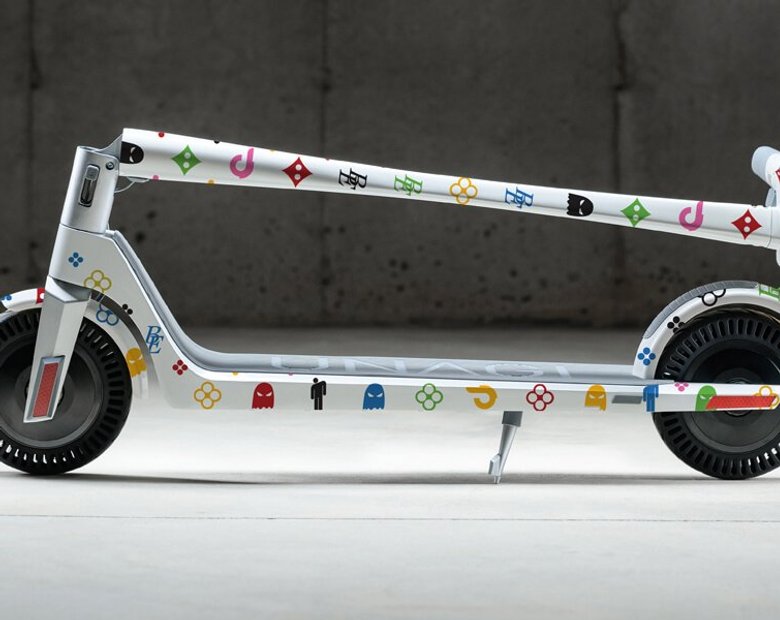Micromobility is here to stay, and it’s changing how we experience urban life for the better. With Unagi’s membership program, you can enjoy all the benefits of a top-tier electric scooter without the sky-high price of ownership or the inconvenience of ride-sharing.
Electric vehicles have weight issues, and that doesn’t only apply to the electric Hummer.
Most electric cars weigh hundreds, even thousands, of pounds more than their gas-powered counterparts. Almost all that extra weight comes from their batteries.
Electric scooters rarely weigh much more than 150 lbs and can be as lightweight as less than 30 lbs. But the smaller their battery, the less battery capacity.
Thus, lighter electric scooters tend to get less range, while long range scooters tend to have heavy, high capacity batteries and can be impossible to carry up a flight of stairs.
There are other factors, such as the size of the motor, tires, and wheels, and the size of the rider, that affect range and weight.
A larger rider on a lightweight scooter will get less range, and scooters best suited for heavier riders often tend to weigh more because of suspension systems and dual motor designs.
On the whole, however, the single component weighing the most in any electric scooter will be the battery, with some weighing up to 40 pounds.
The larger the scooter – and the larger its weight limit – the larger the battery will typically be.
Larger batteries mean more power and they also mean more range, with some large capacity batteries producing up to 50 miles of range or more on a single charge.
Is it possible to reduce the weight of electric scooters without sacrificing range?
How Lighter Scooters Can Go Farther
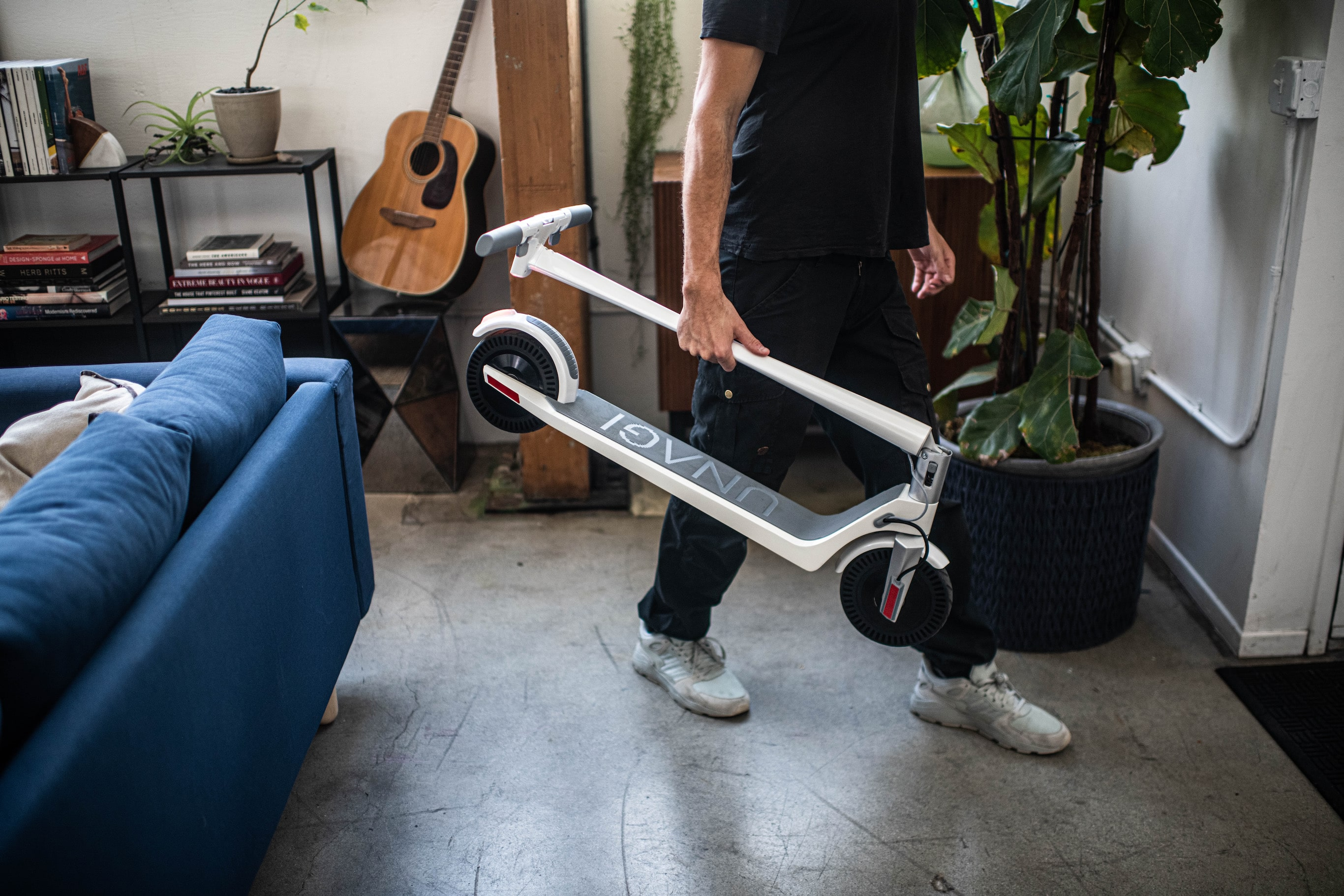
Reducing scooter weight solves a number of problems. For one thing, it actually helps increase range.
Take any two scooters with the same size riders, batteries, motors, and other electrical components, but significantly different weights.
The lighter scooter will travel farther along the same route because it has less mass and therefore requires less power to move.
Where to Shed Pounds? Start with the Frame
So, where do weight savings come from in an electric scooter? The best place to shed weight is in the frame itself, and this can be done in several ways.
It’s worth noting that while an electric scooter frame serves a number of purposes, protecting the rider in the event of a crash is not one of them.
Unlike cars, we don’t expect our scooters to shield us – that’s what helmets and protective gear are for – so their materials don’t need to be crash-proof.
Instead, what we need from electric scooter frames are features that aid in ride quality, stability, and handling.
Frame geometry is important. A well-made frame can shed several grams in an aerodynamic design that also eliminates excess materials.
Like the design, the materials that make up an electric scooter’s frame, stem, handlebars, fenders, and other structural parts can significantly affect the scooter’s weight.
Materials like steel and many kinds of aluminum may be strong and durable, but they’re also heavy.
Lighter metals like titanium or magnesium are stronger than aluminum, lighter than steel, and resist corrosion.
Carbon fiber can be cracked in an accident, but in general it is extremely durable, corrosion-proof, and also highly lightweight, tensile, and vibration-damping.

Frame Design
Early in the development of the bicycle, frames were made from solid iron or wood. Too heavy to pick up and carry , they were also too heavy for almost anyone to ride comfortably.
Needless to say, no one rode solid wood or iron bicycles very far.
The development of tubular steel frames revolutionized the bicycle, making frames that were much more portable, manageable, safe and fun.
While no one had to worry about running out of battery power in those days, cyclists could and did ride farther and farther on lighter frames, until in 1903 they started racing all around France.
Since then, tubular frames have shown up in motorcycle design and have also shown promise for electric scooters.

One of the fastest, best-rated premium electric scooter lines — the NAMI BURN-E, BURN-E 2, and BURN-E 2 Max — demonstrates how tubular frames can provide weight savings on a long range electric scooter while improving the ride all around.
The NAMI BURN-E 2 MAX, for example, can travel 48 miles on a single charge, farther than many comparable electric scooters with similar specs, and with much better handling and build quality.
But tipping the scales at over 100 lbs each, none of the NAMI BURN-E versions would ever be mistaken for portable electric scooters.
Lighter Materials
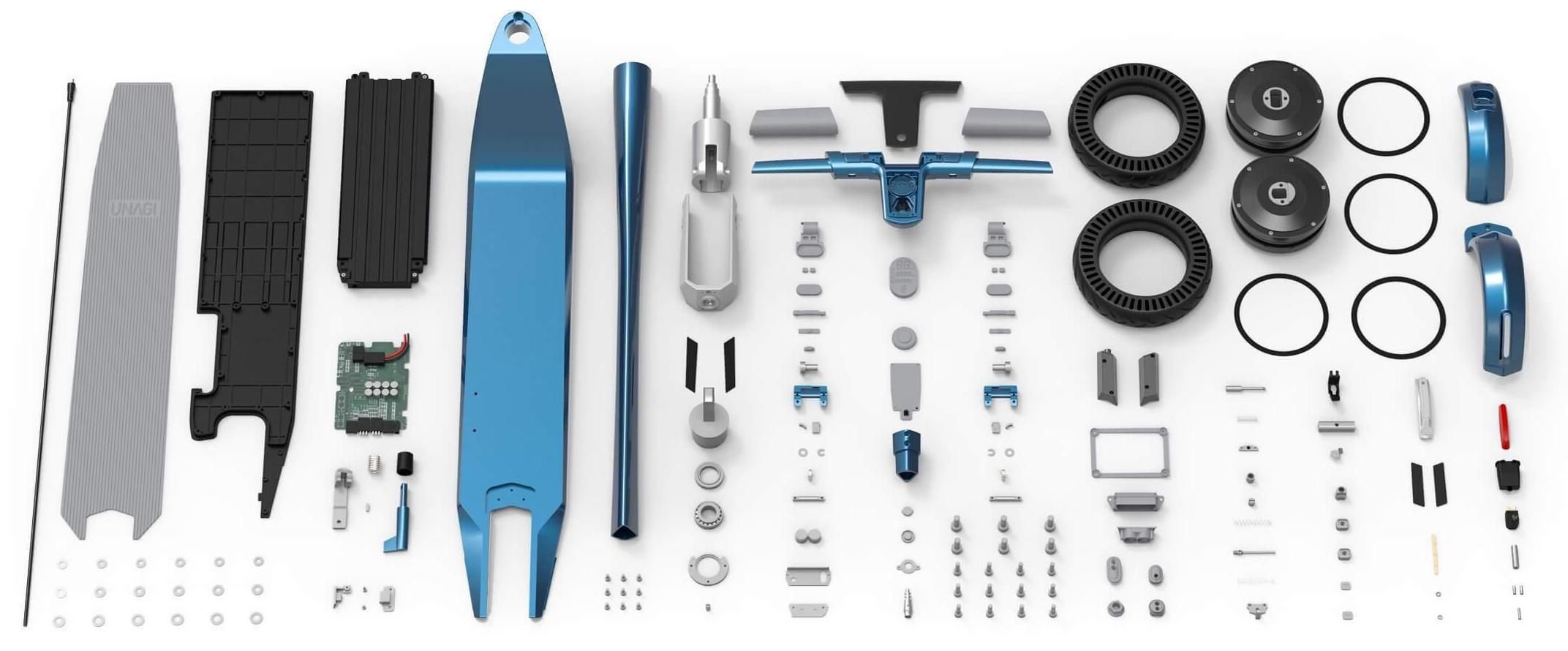
Still, NAMI’s premium scooters reduce weight by making use of a material that has powered super-lightweight, long-distance cycling for decades: carbon fiber.
Complementing their hand-welded tubular frames, NAMI's stems are built from carbon fiber to further reduce weight and improve handling and ride quality.
Of course, the Unagi Model One has used tapered carbon fiber stems in all of their portable scooters since they debuted in 2019.
Unagi's Model One Classic and the new Model One Voyager not only use carbon fiber in their stem, but they also have magnesium handlebars to bring down the electric scooter's weight without compromising the build quality.
Energy Dense Batteries
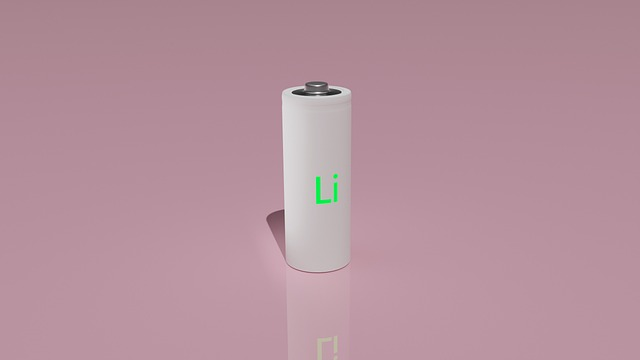
In order to make powerful lightweight electric scooter you can carry with one hand, Unagi has always sourced premium materials and used innovative construction to reduce weight in its aluminum frame, carbon fiber stem, and magnesium handlebars.
Still, the Model One Classic did not have quite the range that some riders wanted, because its LG-made battery erred on the smaller side for optimal portability.
While Unagi has consistently been rated as one of the best lightweight electric scooters on the market, it received some complaints about limited range.
The Model One Voyager redesigns the Classic's iconic look and takes advantage of another essential weight-saving, range-extending technology:
Energy-dense battery cells that can carry scooters farther without packing on more pounds, and make a compact scooter more efficient overall.
In the Unagi Model One Voyager, larger, denser battery cells result in a higher top speed and add 40-50% more to the scooter's range!
How to Get More Battery Life From the Same Lightweight Electric Scooter

The Model One Voyager uses improved battery cells, which are slightly larger and more energy dense, but not significantly heavier. The battery itself has higher voltage than the Classic (36V vs 24V), giving the scooter a higher energy output overall.
The Voyager optimizes the scooter’s battery, motor power, and controllers while adding less than a pound to overall design. It’s still the same ultra portable city commuter riders have loved for years. Only now it can travel up to 25 miles on a single charge.
Similarly priced scooters with dual motors may boast similar range numbers, but few can also claim to be one of the most portable electric scooters on the market, due to the ease of Unagi's folding mechanism and under 30-lb weight.

Conclusion
Two of the best ways electric scooter manufacturers can reduce weight while improving range are 1) innovative frame design and lightweight materials and 2) using batteries with larger, more energy-dense cells and optimizing components for more efficiency.
The Unagi Model One Voyager continues to use the same lightweight, high-quality frame materials in its premium build to keep down weight.
This new iteration of the by-now iconic commuter scooter takes advantage of the latest in battery, motor, and motor controller technology to almost double the range.
The Voyager shows how lightweight scooters can extend range without adding extra bulk.
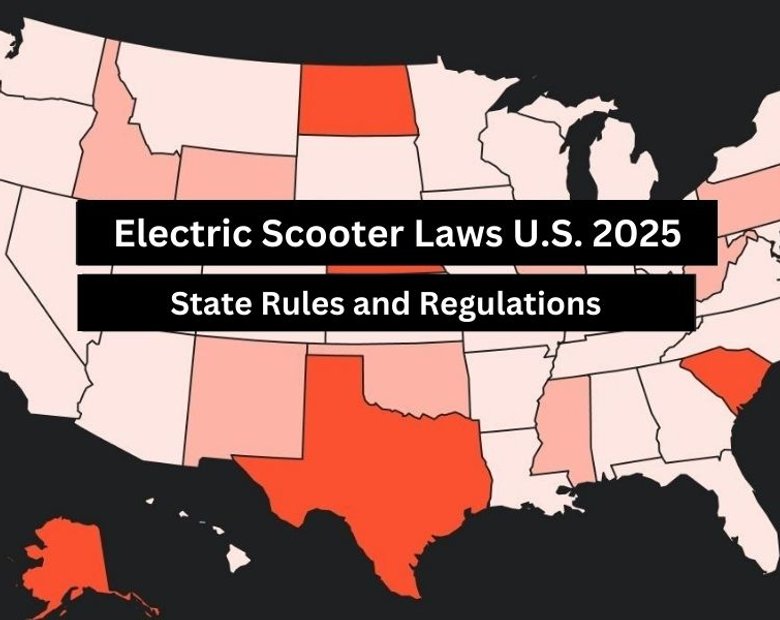
Stay current with the latest U.S. electric scooter laws in our 2025 guide. Updated annually since our first comprehensive guide, ensuring you have the most recent state and city regulations to ride responsibly”
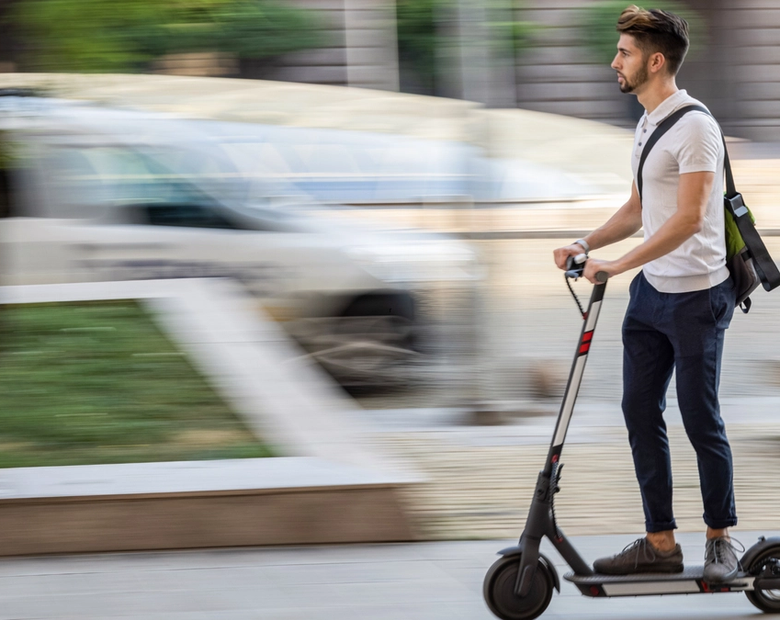
The Slack Core 920R is currently the fastest electric scooter in 2025 that you can purchase without the need for pre-order.
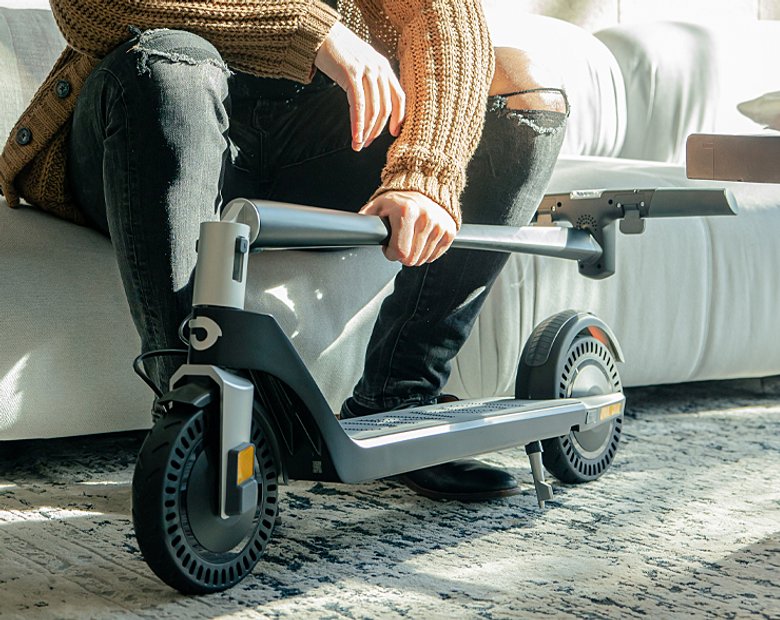
Our selection of the best electric scooters 2025 spans the fastest e-scooters to the most portable ones, the ones designed for city riding and off-road, the best scooters for rain, budget electric scooters for students, and more powerful ones for skilled riders.
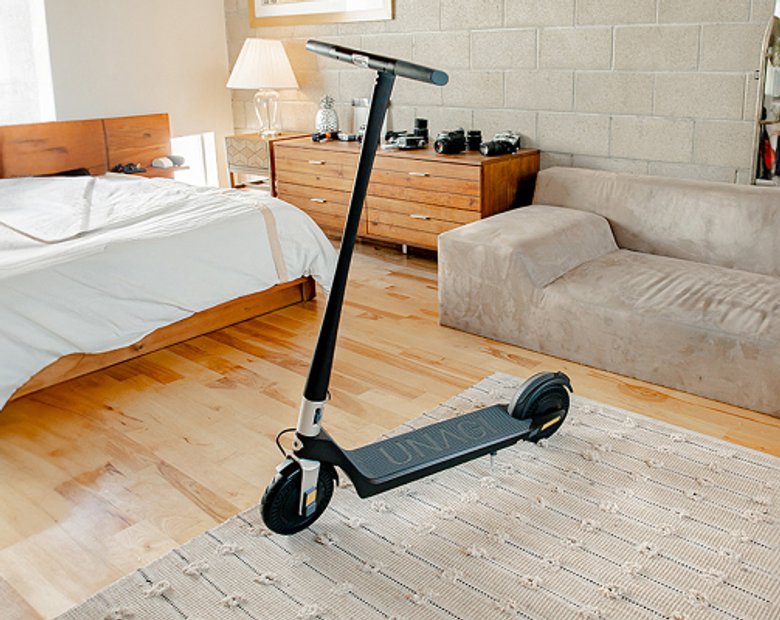
The Unagi Voyager is the best lightweight electric scooter for adults and teenagers. It is the ultraportable sequel to its predecessor, the Unagi Model One Classic.
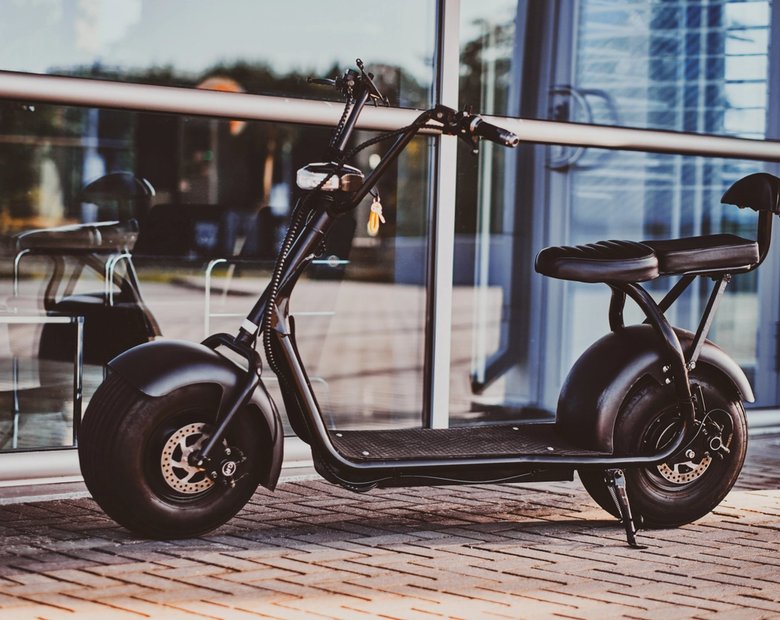
If you're wondering whether an electric scooter with a seat is right for you, this is a detailed article that would suit your need.
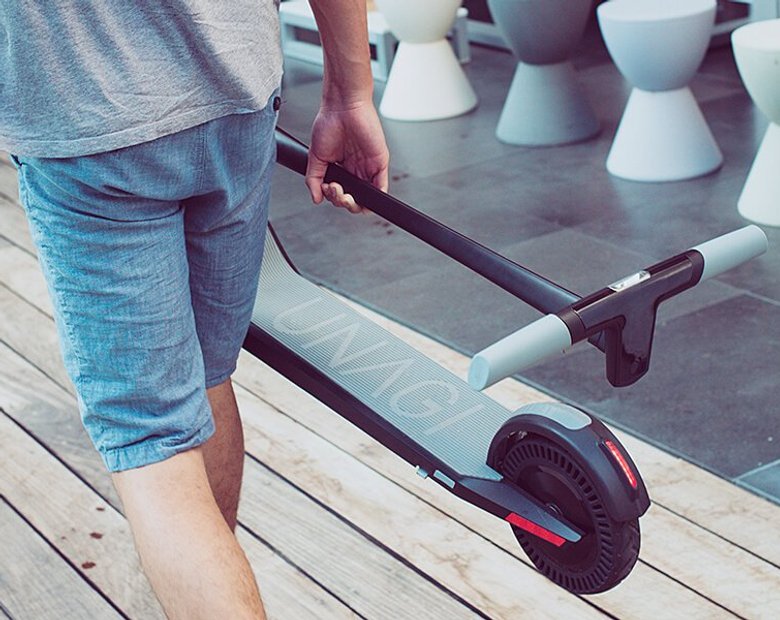
Understand which personal electric vehicle is best, the choice between an electric bike or electric scooter might already be made for you by some critical factors, including portability and storage capacity.
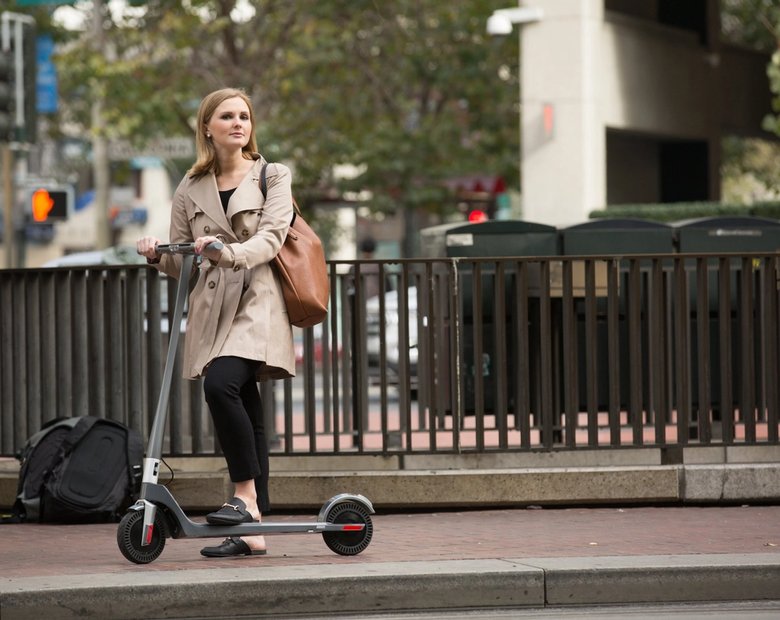
In the U.S., most states don't require a license. For those that do, they usually just ask for a regular driver's license or a learner's permit.
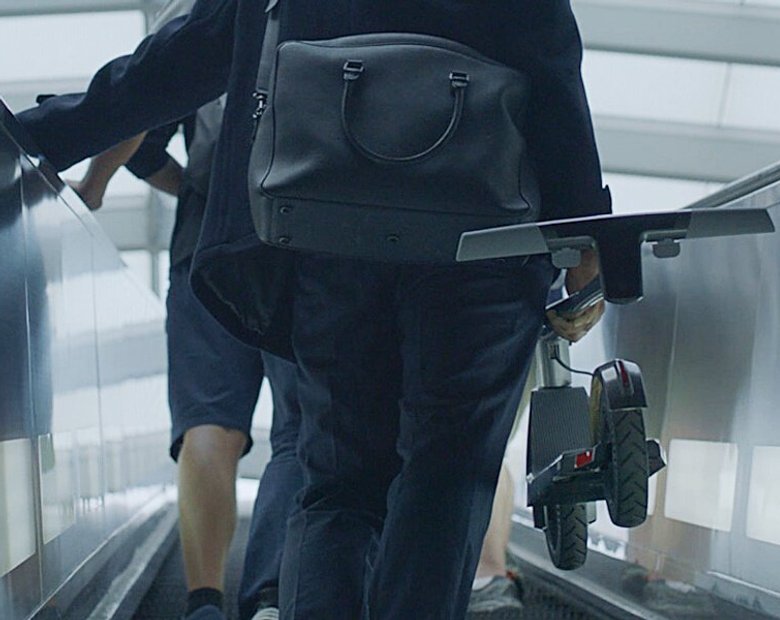
Yes, you can bring an electric scooter on a plane, but it needs to have a lithium battery smaller than 100 watt-hours, which most don't.

Manufacturers advise against riding electric scooters in the rain. The main reasons are: water can fry the electronics, make the ride dangerous, and void your warranty.

The basis and the premise of my work is that we either operate out of love or we operate out of fear...Time is currency. The coolest thing about the scooters is that it's really quick, and it goes uphill. From there, traveling more efficiently and having a good time doing it--I think that's the most important thing.

Cynthia Leu has a full plate. A tech worker by day, Cynthia spends her off time balancing the parallel lives of a powerlifter, entrepreneur, mental health advocate, and more. Riding Unagi helps this USMC veteran cut down on everyday…

https://www.youtube.com/watch?v=7m2hVBE62LY Rasheed Muhammad is sick of Los Angeles traffic. In order to preserve his sanity, Rasheed has traded his everyday driving habit for the portable and beautiful Unagi Model One. It’s an essential accessory for navigating LA streets -- and…

Rich Lee, Co-Founder of San Francisco’s SPRO Coffee Lab, wants to share his love for coffee with the world. He depends on riding Unagi to avoid the hassle of navigating the parking crunch in the booming Mission Bay neighborhood.…

